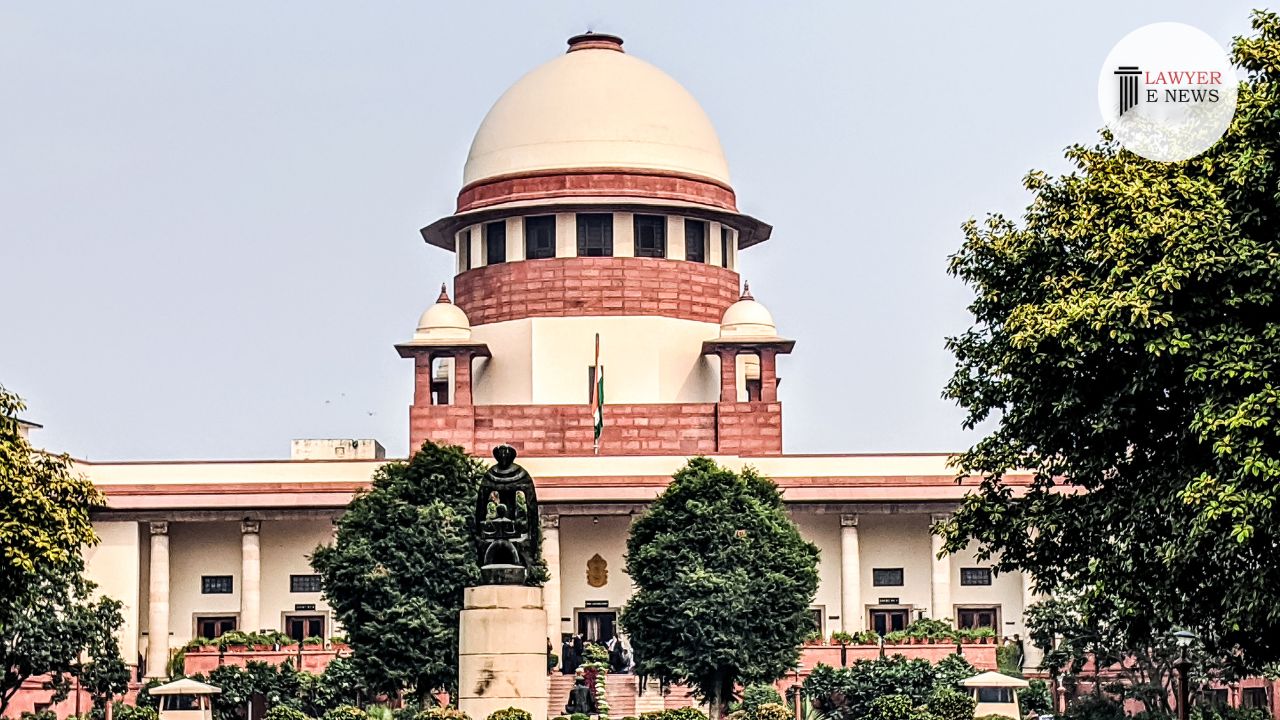-
by Admin
15 February 2026 5:01 PM



The Supreme Court today upheld the recruitment process conducted by the Telangana Residential Educational Institutions Recruitment Board, emphasizing the adherence to the prescribed 30:70 ratio for local and non-local candidates as mandated by the GOMs No. 124 dated 07.03.2002.
The crux of the judgment revolves around the legitimacy of the recruitment procedure, particularly concerning the allocation of posts to local and non-local candidates as per the Andhra Pradesh Public Employment (Organisation of Local Cadres and Regulation of Direct Recruitment) Order 1975. The contention was regarding the interpretation and application of this Order, alongside Rule 22 of the Telangana State and Subordinate Service Rules, 1996.
The appeal arose from a dispute over recruitment to the post of junior lecturers in Telangana. The High Court had earlier set aside the recruitment in favor of Respondent No. 2, directing a redrawing of the merit list. The main contention involved the interpretation of the recruitment process as per the amended Government Order (G.O.P No. 763 and its amendment via GOMs No. 124 dated 07.03.2002), and the consideration of candidates based on their zonal preference.
The Court, after a thorough analysis, affirmed that the recruitment process correctly followed the amended Government Order, mandating that 30% of the posts be filled first by both locals and non-locals based on merit, followed by the remaining 70% to be filled by locals. Justice M. M. Sundresh, while delivering the judgment, emphasized judicial restraint in interfering with recruitment processes and observed, "Courts are duty-bound to consider relevant orders, rules, and enactments before deciding the case." The Supreme Court relied on the precedent set in Dalpat Abasaheb Solunke v. B.S. Mahajan, highlighting the limited grounds on which judicial interference is permissible in recruitment processes.
The Supreme Court set aside the High Court's decision, reinstating the recruitment of Respondent No. 2 and thus affirming the recruitment procedure of the Telangana Residential Educational Institutions Recruitment Board. The Court underscored the correct application of the 30:70 ratio for local and non-local candidates, as well as the consideration of zonal preferences based on merit.
Date of Decision: March 5, 2024
The Telangana Residential Educational Institutions Recruitment Board vs. Saluvadi Sumalatha & Anr.
